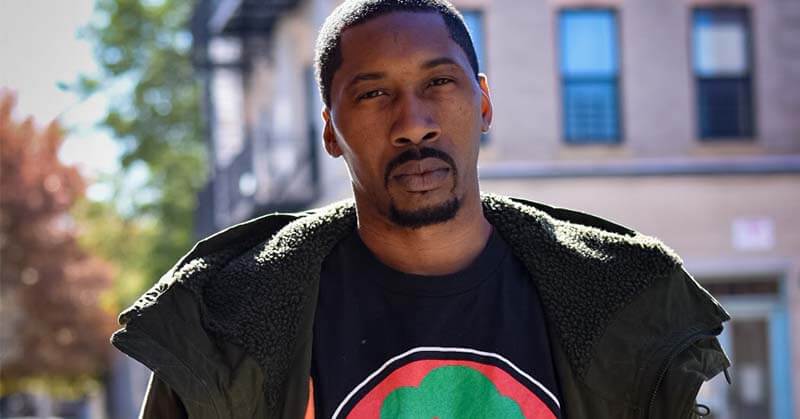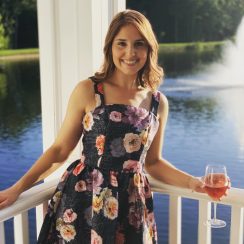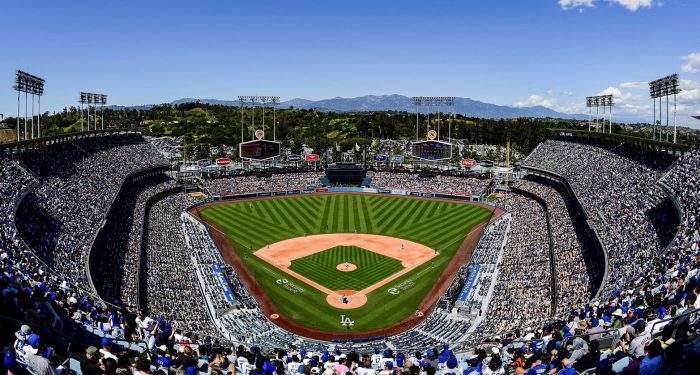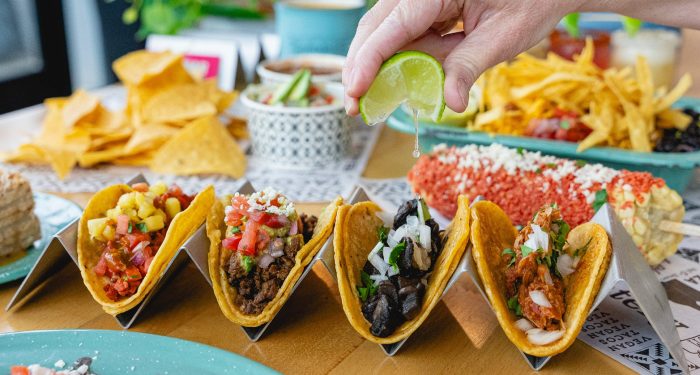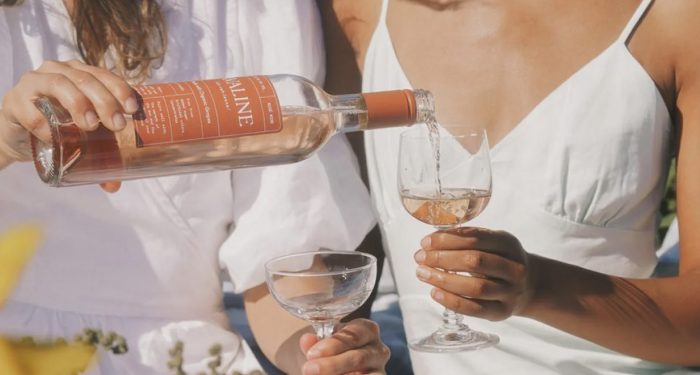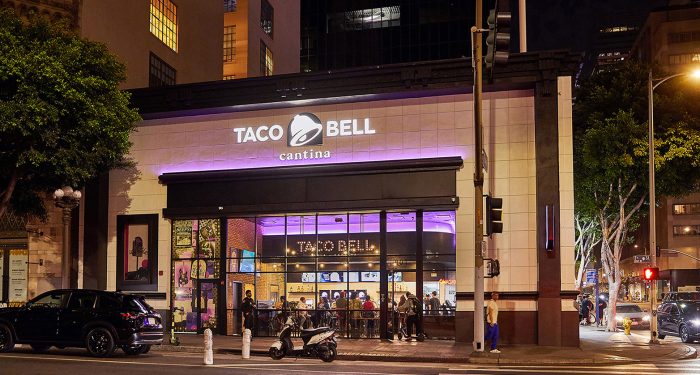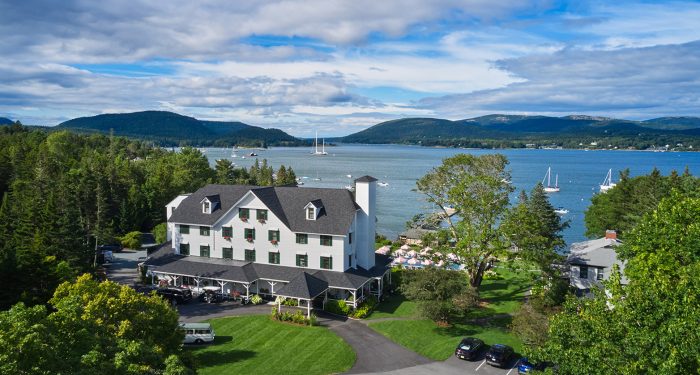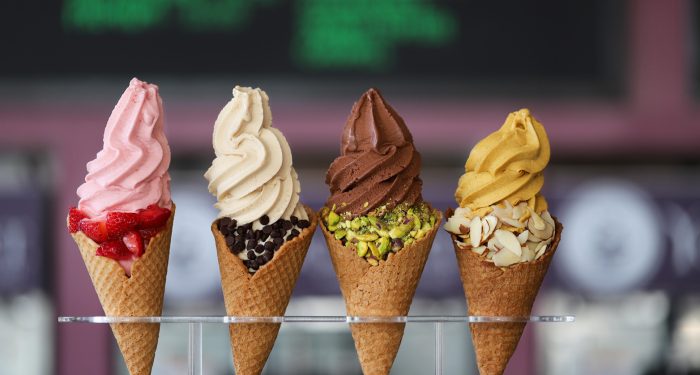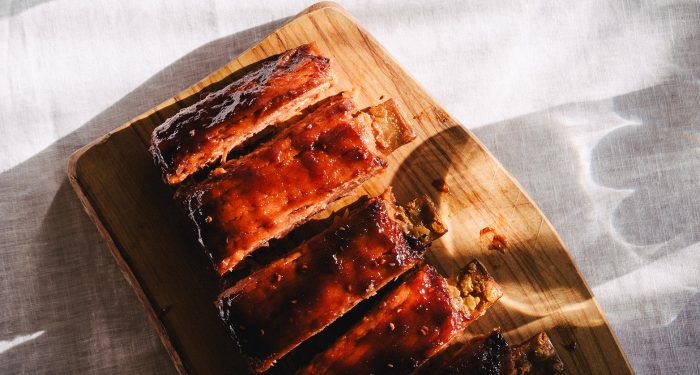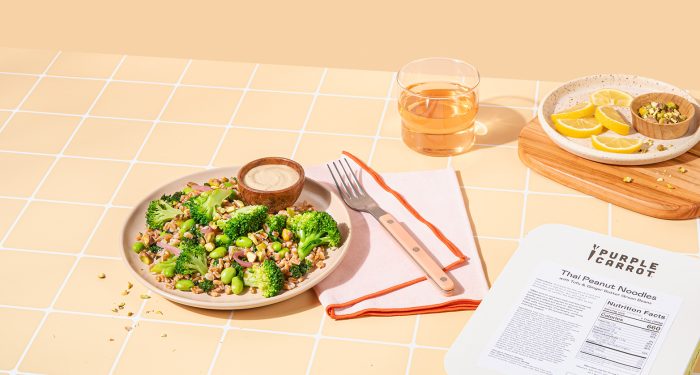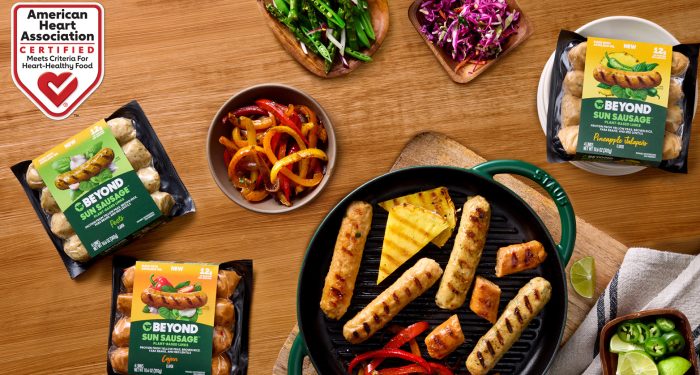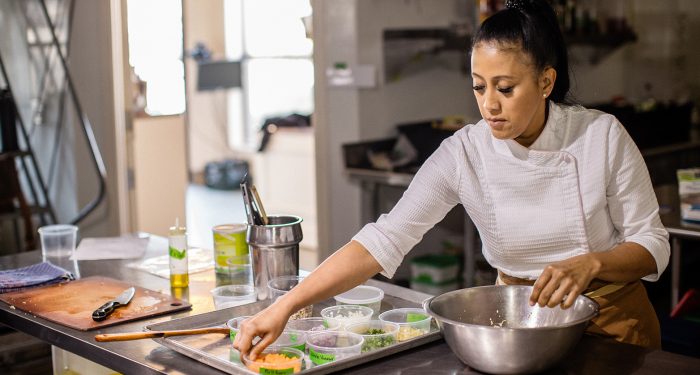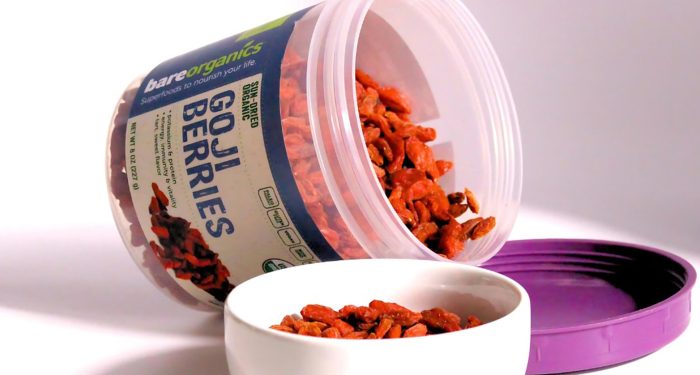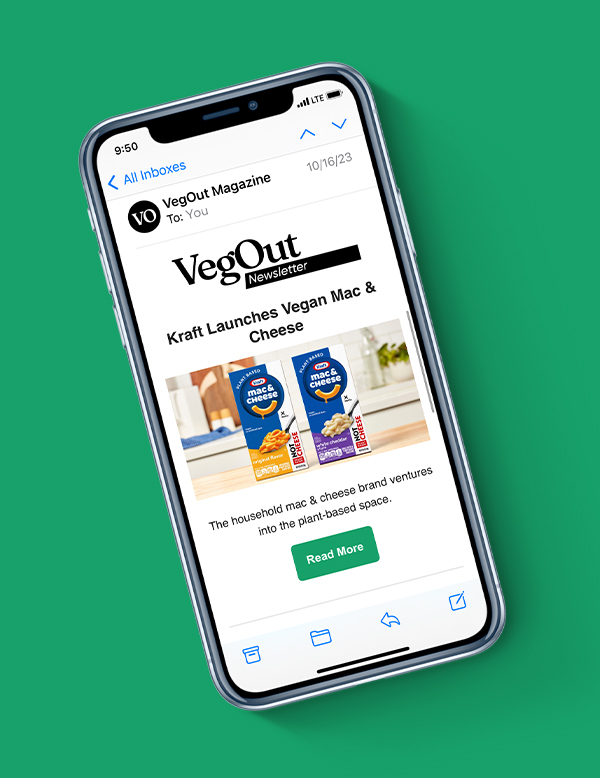We as vegans advocate for animal rights, but how can we also seek justice for Black lives in our day-to-day advocacy?
RELATED: Black-Owned Vegan and Vegan-Friendly Nationwide Restaurant Directory
Join VegUP and Using My Privilege to take a stand against racism. Click here to learn more and donate now.
Incorporating the concept of intersectionality into our activism is a start. But what is this concept, exactly? The term “intersectionality” refers to the understanding that all forms of oppression are interconnected, whether it be racism, sexism, classism, ableism, speciesism, or any other categorizations that discriminate and disadvantage not just one, but multiple groups.
In order to bring awareness to this topic, we spoke with Omowale Adewale, the founder of NYC’s Black VegFest. We discussed the intersectionality movement, as well as how we can incorporate equality for Black lives into our vegan activism.
Why is it important that we as a vegan community recognize and embrace intersectionality?
Vegan intersectionality is a safe and effective way to design community protection, love, and justice for all. This country doesn’t know what this looks like because we [revolve around] white supremacy, patriarchy, and ableism. Vegans practicing intersectionality support other oppressed sentient beings, not just animals and white people’s purposes. What if we recognized the overlapping of oppression and [fought] to end [all] injustice[s], instead of ignoring some? Folks have experienced this reality at Black VegFest, where we struggle to ensure that folks have a voice + [access to] delicious vegan food.
What inspired you to create Black VegFest, and how has the festival played a role in bringing awareness to intersectionality?
I started [to] work on Black VegFest after years of speaking about veganism throughout the country, parts of Asia, and the UK. The Black attendance at vegan events was extremely low. It’s tough to be Black and working class, teaching for free in a room full of white vegans. That’s not ok. By [engaging] the Black community [on] both Vegan Intersectionality and Unapologetic Blackness I was rolling up my sleeves for lots of work. Once the Black community began signing up to be vendors and attendees in large numbers I became ecstatic. The people came through on the rainiest day of our debut in 2018. When Black queer folks told me via Instagram tags that they felt seen, I had done what folks cried could not be done for years. Black VegFest is changing whole systems by being unapologetically Black and Black-led. There are several businesses who don’t make it to Black VegFest but they [still] support us, like Ital Kitchen and Organic Love in Crown Heights, Brooklyn. That’s where I’m born and raised.
In a recent episode of your podcast, Black VegFest Break-Out: Unapologetic Black Speak, you reference the term “unapologetically Black.” What does it mean to be “unapologetically Black?”
To be Unapologetically Black is to not assume how white people will feel about our honesty. It is to sit at any table, [whether it be] political, corporate, or in front of your landlord, and suggest Black reparations [both] formally and informally. To be Unapologetically Black is to speak openly about Black injustice. When we don’t, white folks take that as compliance at their jobs [for example] and you become that “black friend” who “said it was cool.” So, I’m [not only] helping my community speak up, but also showing them how and why. The protesters’ voices and actions are making this change, unapologetically.
You’ve also mentioned the “7 Points of Allyship” in your podcast. Can you tell us about why these points are vital to the intersectionality movement?
The 7 Points of Allyship are action steps white people can take, especially white vegans, to stop systemic racism and the way it permeates through the system and affects Black People in the most violent and debilitating fashion. The 7 Points of Allyship are [also] terms and conditions for interacting with the Black community. By acknowledging the importance of Point 5, [which is to respect Black Lives, regardless of sex, gender, sexual orientation, class, or ability], you [commit to] respecting the lives of all Black people.
How can we apply these points in our daily lives (e.g. school, work, etc.)?
You can apply anti-racist methods by first recognizing you have been living white, [which] has allowed white supremacists in power to usurp and control resources, [making them significantly less accessible to] Black, Indigenous, and People of Color. The 7 Points of Allyship provides specific ways on how the white community can carry out this work with educational support and tangible [resources]. It ends corporations and elected officials [from] telling us how they will choose to remedy racism.
What are the steps we can take to include intersectionality in our own activism?
Be unapologetically anti-racist and inform your neighbor and co-worker that people are dying. Tell your bank to qualify Black homes and Black businesses now. Tell your representative to defund the police. Arrest, prosecute, convict, and imprison the cops who murdered Breonna Taylor in her sleep.
Are there any upcoming events that you’d like our readers to know about?
Black VegFest is working to bring our festival safely back to Brooklyn in the midst of battling COVID-19. Our date is Saturday August 8th! We’re also supporting protests. Get to a protest or support a protest! Unite and share solidarity with Black People and those oppressed at this very moment.

